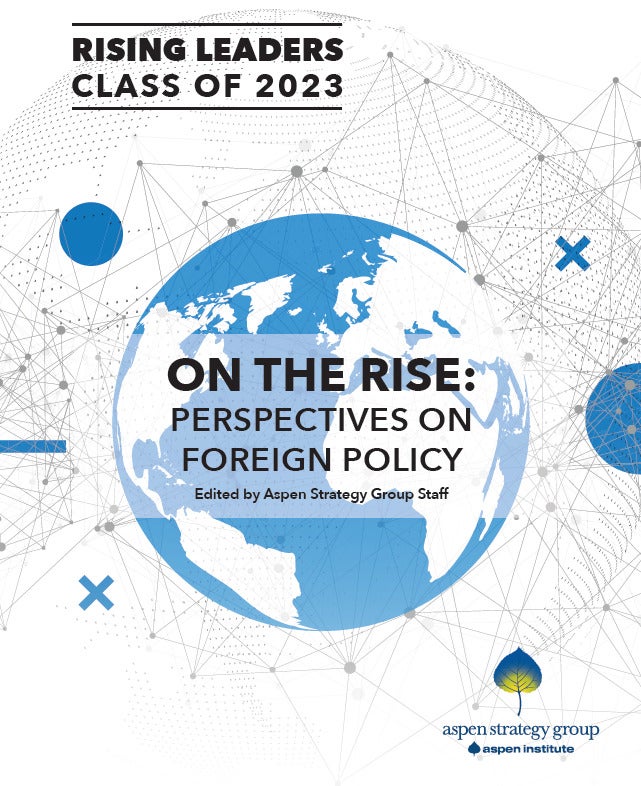On October 9th, Aspen Institute Germany celebrated its 40th anniversary with a conference on transatlantic relations. Below, Elliot Gerson, executive vice president of policy and public programs, reflects on this occasion and the panel he moderated in Berlin, titled “German – European – American Relations: ‘An Alliance of Common Values or a Boulevard of Broken Dreams.'”
The Aspen ethos in the US for 65 years, and in Germany for 40 involves the search for and the actualization of common values. This quest and goal defines who we are and what we seek, so this conference and this topic is in the Aspen spirit.
My proposition is that despite significant and costly transatlantic frictions, especially with Germany — most notably over the Iraq War and more recently the NSA scandals, but also over Libya, Guantanamo, drones, privacy, and many other issues — at heart, the fundamental values we share are as important as ever, if not more so. They must be embraced, celebrated, advanced, and defended. They include democracy; free markets and a free press; transparency, the rule of law and intolerance for corruption; respect for human rights, individual dignity and equal opportunity; and tolerance and respect for diversity.
Are there differences? Of course. But only in degrees and not in fundamentals. Many tend to assume values in another country are monolithic even though we know they are not so in one’s own country. Just as in the US, where some values may differ in degree between Democrats and Republicans, North and South, and urban and rural, in Europe or within Germany they differ in degree across parties and geographies. Most Germans, for example, are horrified by what they see as the barbarism of the death penalty in the United States, or by racial prejudice in Ferguson, but may not appreciate that their revulsion is shared by a large plurality, if not a majority of Americans. And Americans are puzzled, if not angered, by public opinion polls in Germany that show more dislike and distrust of America than Russia, but fail to consider that Germany has led Europe to the harshest sanctions against Russia.
Are there frustrations? Of course. For example, Americans resent the relative lack of defense spending in Europe; and the Europeans resent the lack of American appreciation that sanctions against Russia harm Europe far more than they do the United States.
Are there distractions? Of course, and on each side. Politically, especially in the US, domestic issues almost always trump foreign ones, and Americans suffer today both war fatigue and unprecedented levels of distress about government dysfunction.
Are there other global interests and regions that compete for US attention? Of course. Asia is increasingly important to the US, but it is to Europe as well.
But the overwhelming overlap of core values has been demonstrated dramatically by the Russian invasion of Ukraine. Russian President Vladimir Putin’s challenge to the West’s shared moral and political foundations — and to fundamental principles of peace, stability, international law, and territorial integrity — has galvanized us on both sides of the Atlantic around what we share rather than what divides us. Ukraine — and now the ISIS challenge to Europe’s nearby south and east — have shaken both countries back to the reality that our common values are real, that much of the world doesn’t share them, and that they must be vigorously defended.
And finally, how else can the world’s greatest challenges be solved without the US and Europe acting together? Will the UN resolve them? Sadly, of course not. China, Brazil and/or India? Of course not. Our common values demand our shared leadership. We emphatically do need each other.

